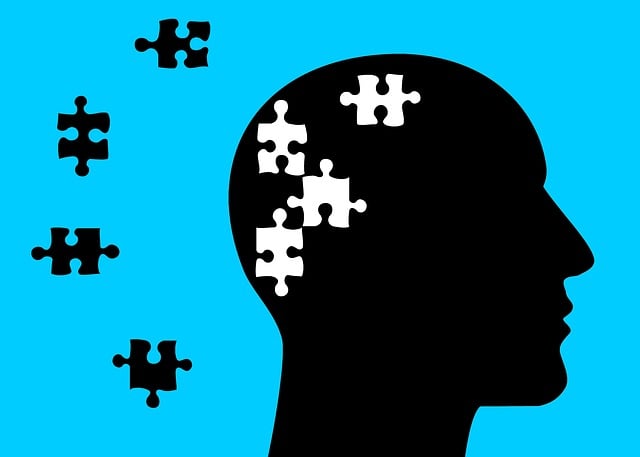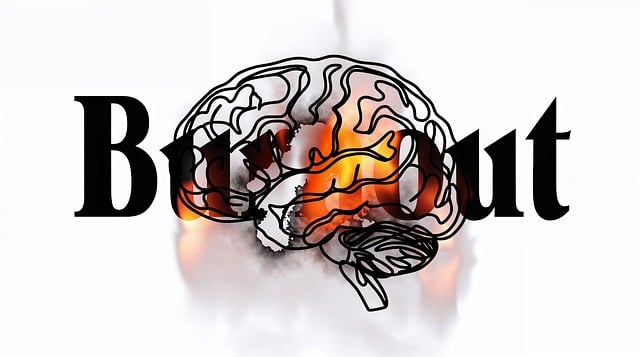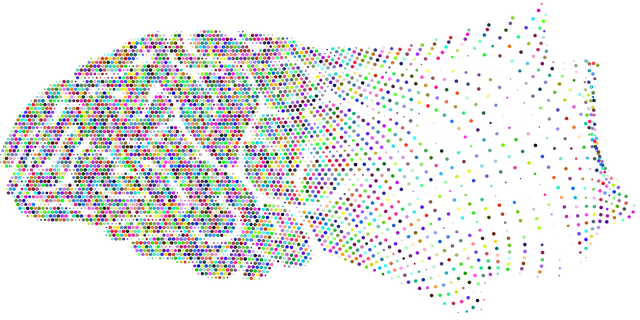Centennial Dialectical Behavioral Therapy (DBT) is a structured, evidence-based approach rooted in DBT that fosters resilience through RFM (Resilience, Flexibility, Mastery) framework. Combining cognitive-behavioral techniques with Buddhist principles, it teaches mindfulness, emotional regulation, stress management, and interpersonal skills to navigate life's challenges. This therapy strengthens emotional intelligence, empowers individuals, and promotes community support for enhanced mental well-being. Professionals integrate DBT with personalized treatment plans, risk assessments, and evidence-based techniques for long-term resilience building.
“In today’s fast-paced world, building resilience is key to navigating life’s challenges. This article explores the powerful combination of RFM (Resilience, Flexibility, and Mastery) principles and Centennial Dialectical Behavioral Therapy (DBT) as a comprehensive approach to fostering adaptability and emotional well-being. We’ll delve into ‘Understanding RFM: A Foundation for Resilience,’ uncover the role of DBT in shaping mental fortitude, and provide practical exercises for everyday resilience building. Get ready to discover strategies that can enhance your ability to thrive.”
- Understanding RFM: A Foundation for Resilience
- The Role of Dialectical Behavioral Therapy in Building Resilience
- Practical Exercises for Fostering Resilience Using RFM Principles
- Applying Centennial DBT: Strategies for Long-Lasting Resilience
Understanding RFM: A Foundation for Resilience

Resilience is a vital asset in navigating life’s challenges, and the RFM (Strengths, Weaknesses, and Motivations) model offers a powerful framework for building this inner fortitude. Centened in the principles of Dialectical Behavioral Therapy (DBT), RFM therapy helps individuals identify their unique strengths, acknowledge areas that may need support, and leverage their motivations to foster adaptability and coping strategies.
This therapeutic approach, often incorporated into Community Outreach Programs, is instrumental in promoting mental well-being. By understanding one’s RFM, individuals can better regulate emotions, manage stress, and alleviate anxiety. This process empowers folks to confront life’s curveballs with a more balanced mindset, ultimately enhancing their overall ability to cope and thrive in the face of adversity.
The Role of Dialectical Behavioral Therapy in Building Resilience

Dialectical Behavioral Therapy (DBT), pioneered by Dr. Marsha Linehan, plays a pivotal role in cultivating resilience among individuals facing various challenges. This form of therapy integrates cognitive-behavioral techniques with concepts from Buddhist practices, focusing on Mind Over Matter principles. DBT empowers clients to develop effective coping strategies and enhance their ability to navigate life’s storms.
Centennial Dialectical Behavioral Therapy specifically tailored for modern contexts, incorporates skills training in areas like mindfulness, emotional regulation, distress tolerance, and interpersonal effectiveness. These skills are taught through structured programs designed to foster mental health education and resilience-building. By encouraging positive thinking and promoting a growth mindset, DBT helps individuals better understand and manage their emotions, thereby strengthening their overall resilience.
Practical Exercises for Fostering Resilience Using RFM Principles

Resilience is a vital skill to cultivate, especially in navigating life’s challenges and uncertainties. The RFM (Resilience, Flexibility, and Mastery) framework offers practical exercises to enhance emotional intelligence and mental fortitude. Drawing from the principles of Centennial Dialectical Behavioral Therapy (DBT), these exercises are designed to foster adaptability and promote anxiety relief.
One such exercise involves mindful breathing techniques to regulate emotions during stressful situations. By focusing on slow, controlled breaths, individuals can gain a sense of calm and clarity, thereby improving their ability to respond adaptively. Additionally, practicing positive self-talk and reframing negative thoughts is an effective strategy. Encouraging folks to challenge distorted thinking patterns and replace them with more realistic, balanced perspectives boosts resilience and emotional intelligence. Public awareness campaigns that emphasize these techniques can significantly contribute to the development of a resilient community, where individuals support each other through life’s storms.
Applying Centennial DBT: Strategies for Long-Lasting Resilience

Centennial Dialectical Behavioral Therapy (DBT) offers a powerful framework for cultivating resilience, particularly in individuals facing challenges that may impact their mental health and overall well-being. This therapy type goes beyond traditional talk therapy by providing structured skills training tailored to emotional regulation, distress tolerance, mindfulness, and effective interpersonal communication. By learning these strategies, individuals can better navigate life’s stressors and adversity.
The longevity of DBT lies in its emphasis on long-term skill development. Through regular practice, clients internalize these techniques, making them readily accessible during moments of crisis or intense emotion. This proactive approach not only aids in immediate stress reduction but also empowers individuals to prevent future relapses. For mental health professionals, integrating Centennial DBT into their practice involves a comprehensive risk assessment (a key component for identifying potential triggers) and tailoring treatment plans to meet individual needs. By incorporating these evidence-based Emotional Well-being Promotion Techniques, professionals can effectively teach Stress Reduction Methods that foster resilience, ultimately enhancing clients’ ability to thrive despite life’s challenges.
Resilience is a powerful tool for navigating life’s challenges, and the RFM framework, combined with evidence-based practices like Centennial Dialectical Behavioral Therapy (DBT), offers a comprehensive approach to building this strength. By understanding our reactions, emotions, and motivations, we can cultivate a deeper sense of resilience that endures over time. The practical exercises outlined in this article provide actionable steps to foster adaptability and emotional agility, empowering individuals to face adversity head-on. Through consistent application, these techniques can revolutionize one’s ability to thrive, ensuring long-lasting mental fortitude.












